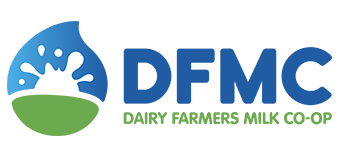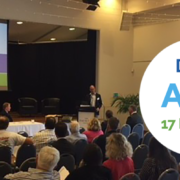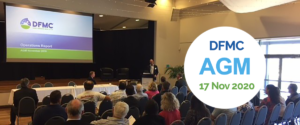DFMC apologises for Code error
The Australian Competition and Consumer Commission (ACCC) has issued an infringement notice to the Dairy Farmers Milk Co-operative (DFMC) for a breach of the Dairy Code of Conduct.
Under the Code, all information on milk supply agreements must be made publicly available by 2pm on 1 June. The technical breach related to publishing obligations as there was a delay of nearly an hour in sharing the standard form agreements on the DFMC website.
Importantly all DFMC farmer members and interested parties had access to all farmgate milk pricing schedules and supply conditions by the 2pm deadline on 1 June.
DFMC acknowledges and apologises to our famer members and the ACCC for the breach.
We have worked openly and constructively with ACCC staff to address the issues raised in the infringement notice.
With a small management team, DFMC manages more than 20 different farmgate milk supply agreements and is now undertaking a review of all processes and timelines associated with the requirements of the Code, with a view to making the necessary changes to ensure compliance in 2022.
The DFMC independent director and Chair of the Audit and Risk Committee will guide this review process and present the outcomes to the DFMC Board.
DFMC continues to be a strong supporter of the Code and the principles underpinning its development.
Media enquiries
Gabrielle Sheehan | gabrielle@curriecommunications.com.au







 Here are the Top 5 BMCCs for each region from July to September (average of 10-day periods).
Here are the Top 5 BMCCs for each region from July to September (average of 10-day periods).




















 The new mandatory Dairy Industry Code of Conduct (the Code) came into effect on January 1, 2020, based on the recommendations from the Australian Competition and Consumer Commission (ACCC) inquiry into the Australian dairy industry. The Code aims to improve the clarity and transparency of contracting and trading between dairy farmers and processors.
The new mandatory Dairy Industry Code of Conduct (the Code) came into effect on January 1, 2020, based on the recommendations from the Australian Competition and Consumer Commission (ACCC) inquiry into the Australian dairy industry. The Code aims to improve the clarity and transparency of contracting and trading between dairy farmers and processors.